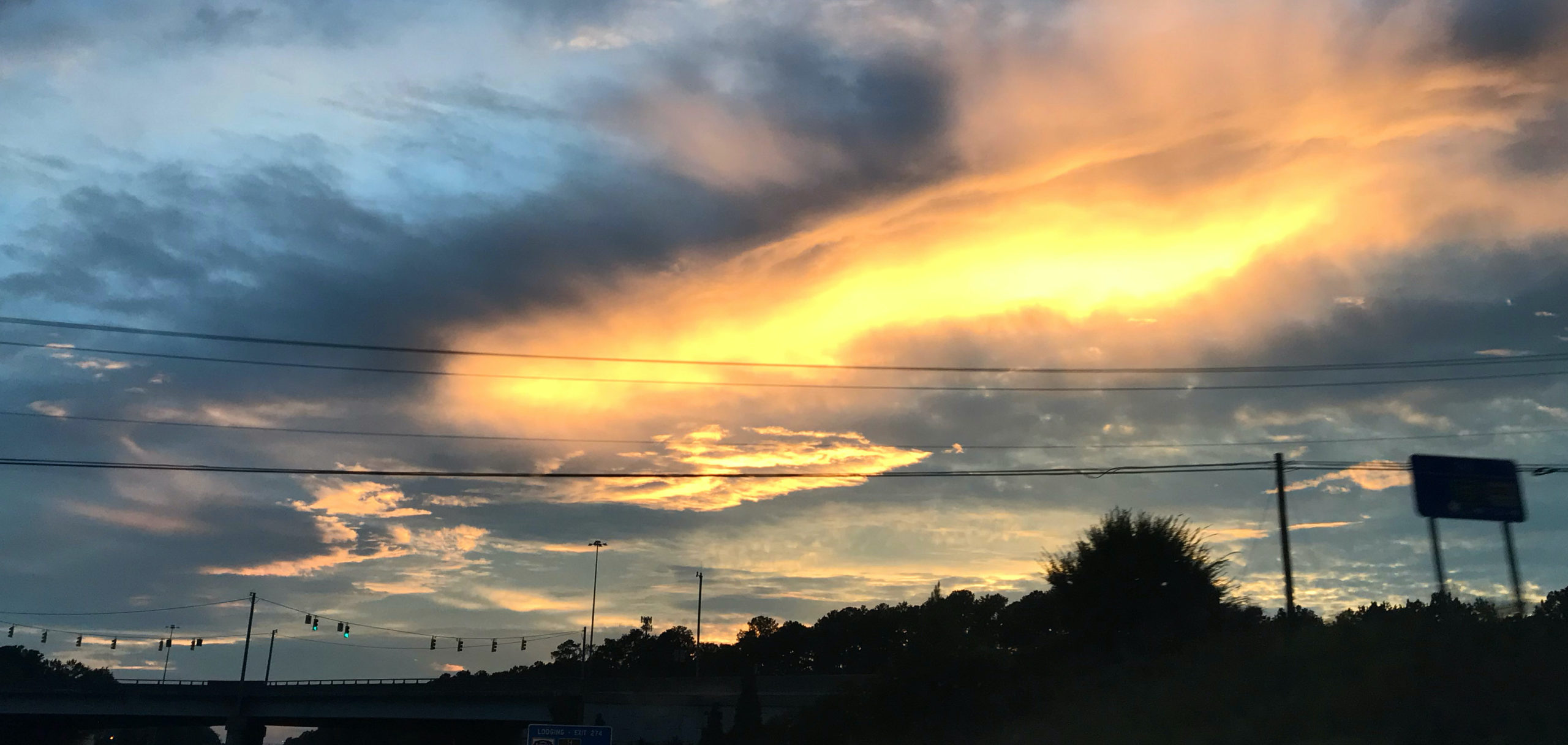Mahalia and Rosetta and Mavis
What dark times we’re inhabiting. Hope—once “the things with feathers,” per Emily Dickinson—increasingly feels as though it has stretched its glossy black wings and departed these smoldering shores. I can’t tell if hope has become a defiant or hubristic act. Carrying any torch of faith—however diminished—that the world will right itself and find a way out of the destructive political and economic systems yielding new horrors daily has a heftier weight to it these days. For those who watch with a view to history, it’s hard not to feel like each successive event, culminating at such a rapid clip, signals a larger portent.
Lately, hope alternates back and forth like a see-saw, feeling potent one instant and naive the next. But thanks to three songs I quite fortunately heard over the course of two nights, I’ve been clinging more to the former. Like a salve of sorts, the soothing yet stirring voices of Mahalia Jackson, Sister Rosetta Tharpe, and The Staple Singers issue forth a prayer to look for the light.
Let’s begin with the revered gospel singer Jackson, who lent her voice to the coda of Duke Ellington’s 1958 jazz masterpiece Black, Brown and Beige. According to Irvin Townsend’s liner notes, Ellington had long known he wanted to incorporate Jackson’s voice in his composition, but the words she would sing weren’t entirely clear. When Ellington sent over the music he’d written for her, shortly before their recording session, he did so sans lyrics. He’d eventually fill in that blank by asking Jackson to open her Bible to Psalm 23 and sing.
The resulting track “Come Sunday” begins with the faintest meditation of piano before Jackson’s expansive voice takes over. Throughout the track’s nearly six-minute length, she fills the space with the most intimate appeal. “Lord, dear Lord of love, God almighty up above/ Please look down and see my people through,” she sings, her voice rising with the “please” in a kind of buoyant plea, as though a wave had crested her voice closer to the heavens.
With nearly a minute left, Jackson stops asking and begins humming, channeling a deeper petition—one that exists nestled somewhere in the soul, beyond the construction of language. That extra chorus, Townsend explains, manifests “as if she were aware of the power of her performance and wanted to let it linger a moment more.” In lingering so, she builds a kind of refuge in which I take the most grateful solace.
The night I played Black, Brown and Beige, I followed it with Gospel Train, a Sister Rosetta Tharpe album I’d recently picked up. The release comes as part of the Jazz Heritage series and compiles performances she delivered in 1944 and 1949. It contains one of her more famous songs, the joyful “Up Above My Head, I Hear Music,” which sits in direct contrast to the restrained “Come Sunday” and delights in offering a vision of paradise beyond this worrisome world.
Set against a quick tempo, the call and response features Tharpe filling both roles. Often, you’ll hear a gospel choir responding to her charge, but on the recording I have—done on September 22, 1944—Tharpe’s voice is tracked over itself, doubled in a glorious bounty that I’ve not heard replicated in the other versions she’s made. Tharpe, as two voices, dances in an ecstatic whirl that magnifies the fervor running throughout the song. Unlike Jackson’s supplicatory hope, Tharpe taps into something far livelier; she celebrates, envisioning the promised paradise through the music she hears emanating from its pearly gates.
Following those two gospel heavyweights, life had one more song to add to the fold. The next evening, I heard The Staple Singers’ version of the hymnal “Uncloudy Day” while listening to Justin Vernon’s charming broadcast Song Chest Radio Hour. Like Tharpe’s track, it details a life beyond the present time, and like Jackson’s, it works in a more subdued fashion.
In tandem with Pop’s sustained electric guitar, all temperance and patience, the group sings, “They tell me of a home where no storm clouds rise/ They tell me of an unclouded day.” Their voices keep to a lower register, braided together at a shuffling pace. But I thrill when Mavis breaks from her family and delivers a deep-throated solo, her voice serving as a testament to the power of hope while the group backs her repeatedly with, “Yes, oh yes, they tell me.”
In all three gospel-leaning or gospel-adamant songs, there isn’t so much an answer to discover—a reason for the suffering that seems to define human existence—as an assurance. Hope can carry you far, whether in this world or on into the next.




